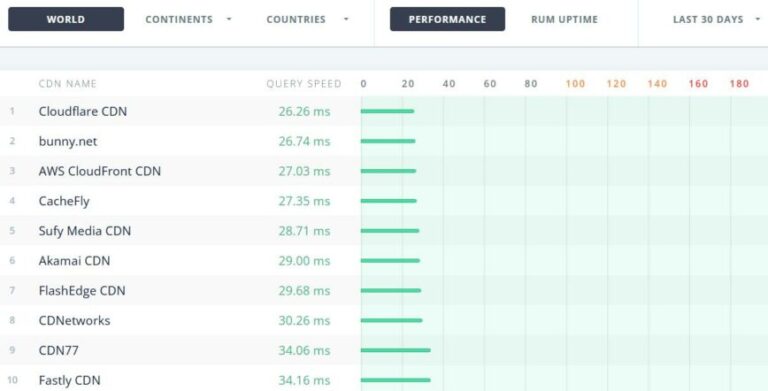Highlight: code sprinting
This year I have been working on the bug-smash-initiative, where we triaged the status of Drupal core bugs. The goal of this initiative is to reactivate bugs that were reported, but are now on page 100 in the issue queue. And in case a bug is not reproducible we close it. If you also want to contribute to this initiative see: https://lendude.gitlab.io/bug-smash-initiative
When I was introduced to the idea of a code sprint, I didn’t know what to expect. The thing that hooked me up initially was that it allowed me to learn from experienced developers. You work on advanced topics and in many open source communities the code-quality requirements are just a lot higher than required for in-company projects. Think about code readability, automated tests and a more thorough code-review process. All things that ‘sharpen the knife’ for your professional skill-set.
Code sprints are a great way to improve your developer skills
It is common to work on new features of the open source project. Which makes it a great opportunity to learn these features inside-out, months or years before they are used in client-projects.
Code sprints have been around for a while now and are popular as an event for developers. They are often used by companies and conferences as an opportunity for developers to work on open source software together in one room. The first time I did this was at the Drupal Dev Days in Montpelier 2015.






